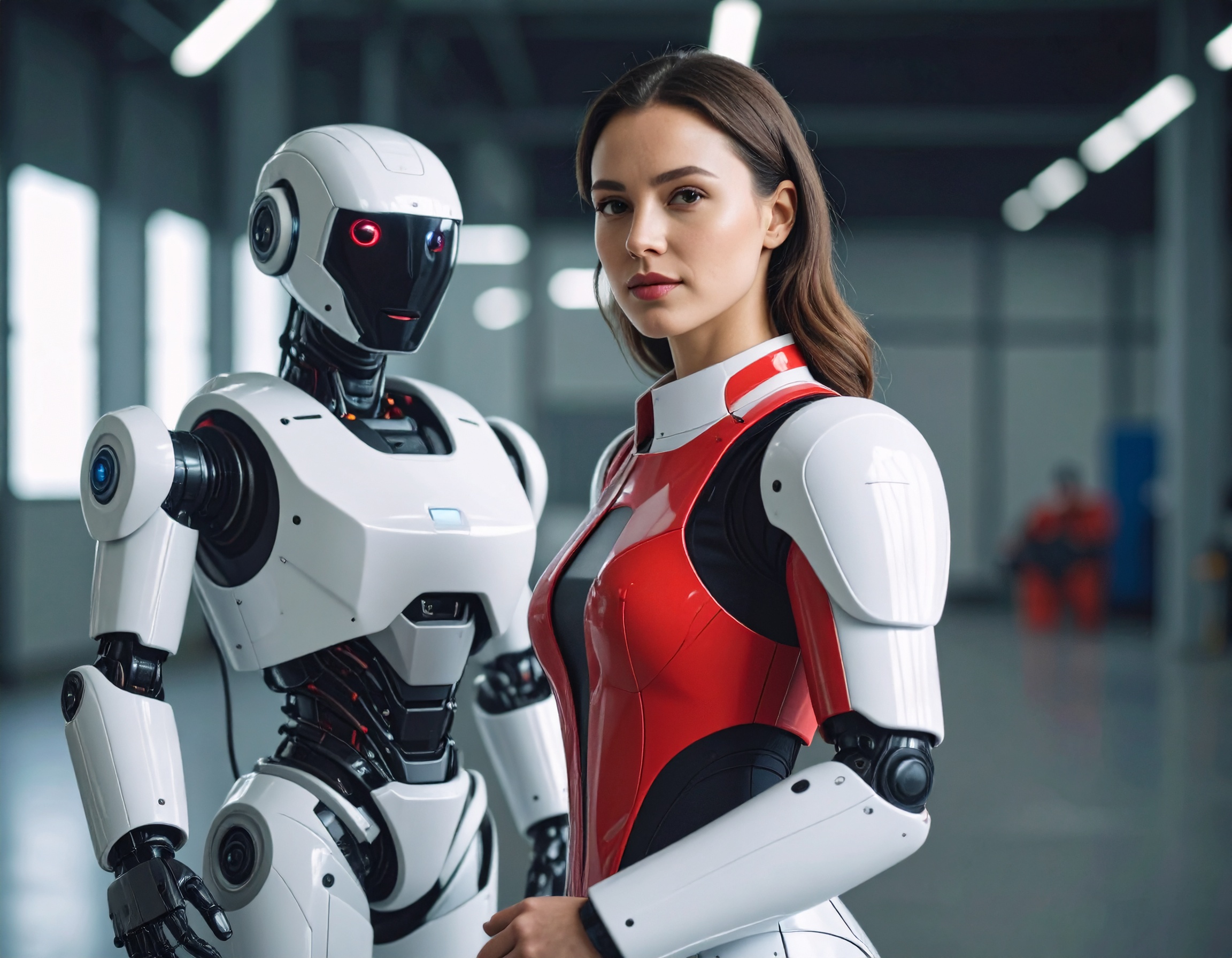DeepMind’s Robot Revolution: Transforming Chores with AI Safeguards

In a bid to bring AI-powered robots into our homes seamlessly, Google DeepMind has rolled out a set of groundbreaking rules, revealed on January 5, 2024. Addressing the challenges of imbuing robots with a "high-level understanding of the world" during domestic tasks, these rules aim to make AI-powered robots safer, smarter, and more efficient.
One major stride is the introduction of AutoRT, a system leveraging large foundational models (LLMs) to enhance robots' intelligence. These models, similar to those behind ChatGPT, enable robots to learn dynamically about their environment. Tested over seven months, AutoRT demonstrated its ability to safely coordinate up to 20 robots simultaneously and manage 52 unique robots, showcasing its adaptability to various real-world scenarios.
Crucially, DeepMind's "Robot Constitution" draws inspiration from Isaac Asimov's "Three Laws of Robotics," providing ethical guidelines for AI-powered robots. This constitution guides large language models (LLMs) to follow safety-focused prompts, ensuring robots prioritize human safety in novel situations or changing environments.
Furthering efficiency, SARA-RT accelerates decision-making in neural networks, while RT-Trajectory provides practical visual hints for robots to understand and execute physical actions. These advancements hint at a future where non-human workers, or "Digital Employees," seamlessly integrate into our daily lives, handling tasks we once thought reserved for humans.
Google's commitment to the safe and human-like behavior of AI-powered robots is a crucial step towards realizing the potential of intelligent agents in domestic settings. As we inch closer to a reality where robots tackle household chores, these innovations mark a significant leap in the ongoing AI revolution.
Key Highlights:
- AutoRT Advancement: Google DeepMind introduces AutoRT, a system leveraging large foundational models (LLMs) to enhance robots' high-level understanding of the world, allowing them to learn dynamically about their environment.
- Safety-First Approach: The "Robot Constitution" draws inspiration from Isaac Asimov's "Three Laws of Robotics," providing ethical guidelines to AI-powered robots. This constitution guides robots' decision-making, prioritizing human safety in diverse real-world scenarios.
- Seven Months of Testing: AutoRT undergoes a rigorous seven-month evaluation, showcasing its ability to safely coordinate up to 20 robots simultaneously and manage 52 unique robots in various real-world situations.
- Efficiency Boost: SARA-RT accelerates decision-making in neural networks, overcoming computational demands, while RT-Trajectory provides practical visual hints for robots to understand and execute physical actions efficiently.
- Toward Seamless Integration: Google's advancements bring us closer to a future where non-human workers, or "Digital Employees," seamlessly handle household chores, transforming the way we envision AI-powered robots in domestic settings.
- Revolutionizing Daily Tasks: The breakthroughs mark a significant leap in the ongoing AI revolution, promising a reality where intelligent agents play a vital role in our daily lives, managing tasks we once thought reserved for humans.
Reference:
https://www.businessinsider.com/google-deepmind-rules-ai-robots-safer-in-your-home-2024-1


